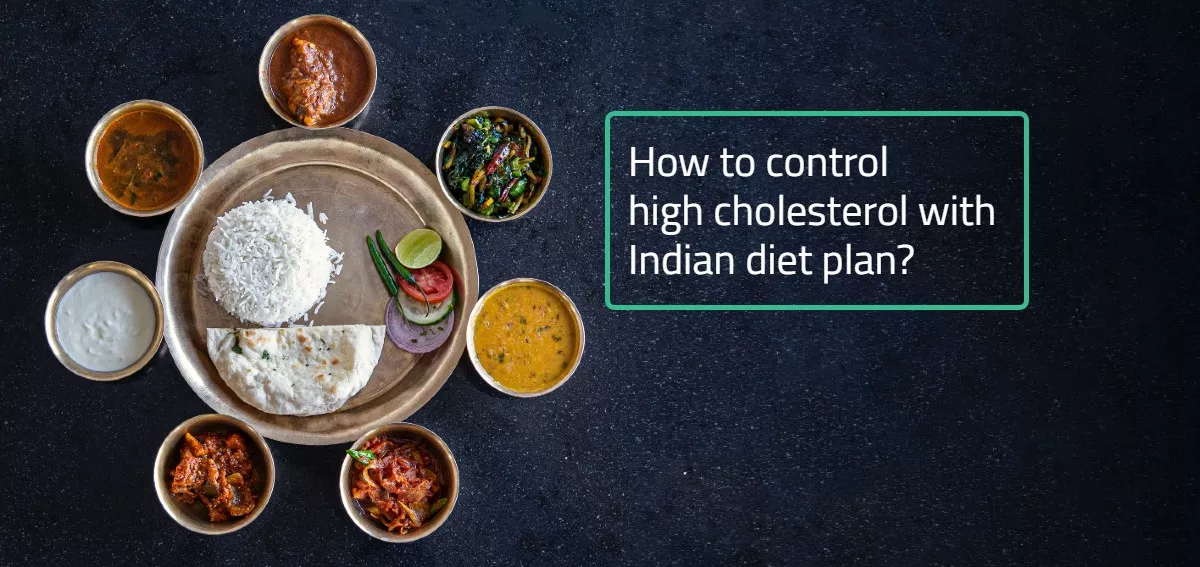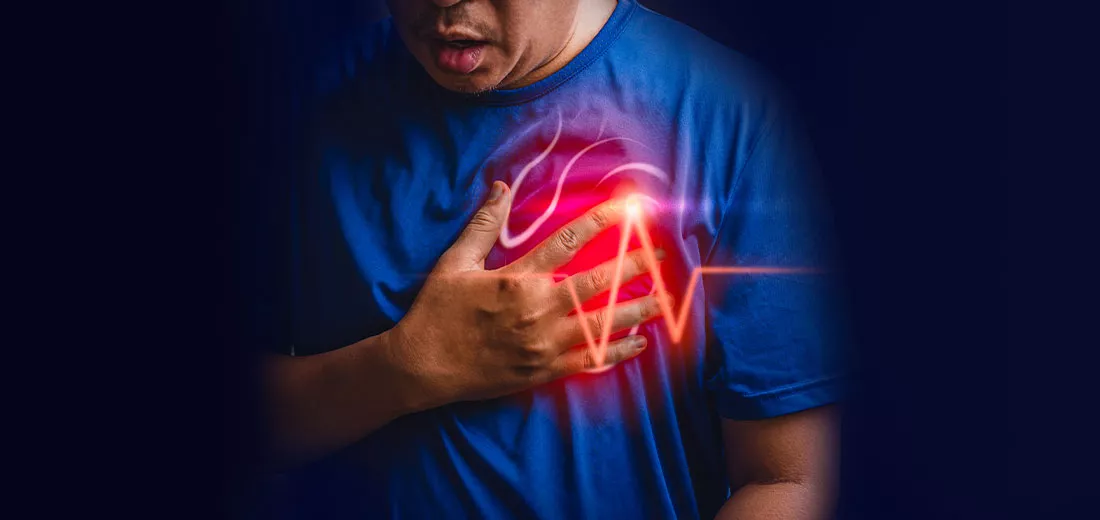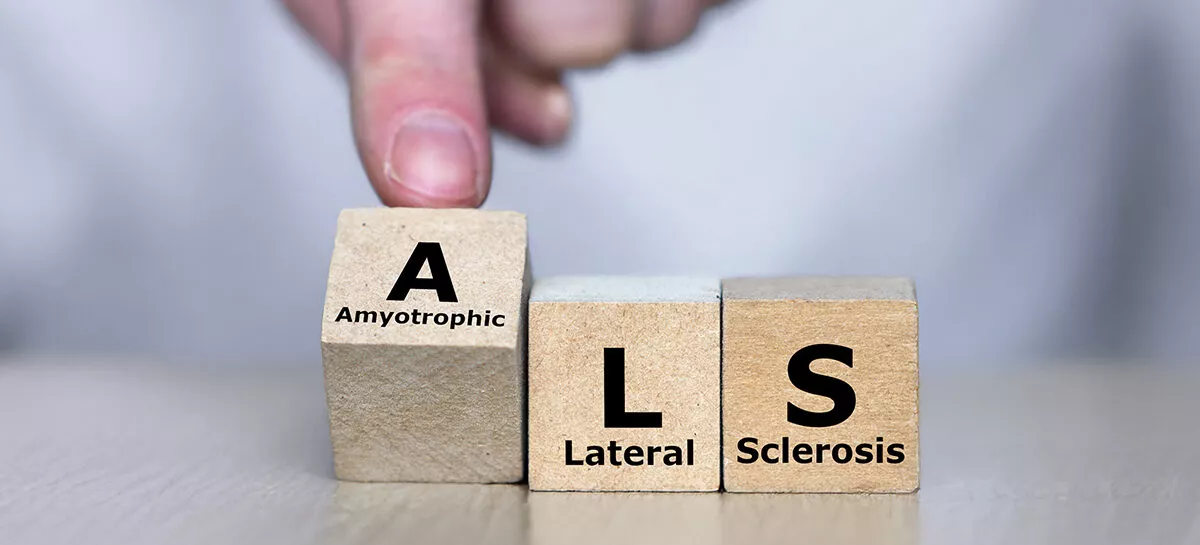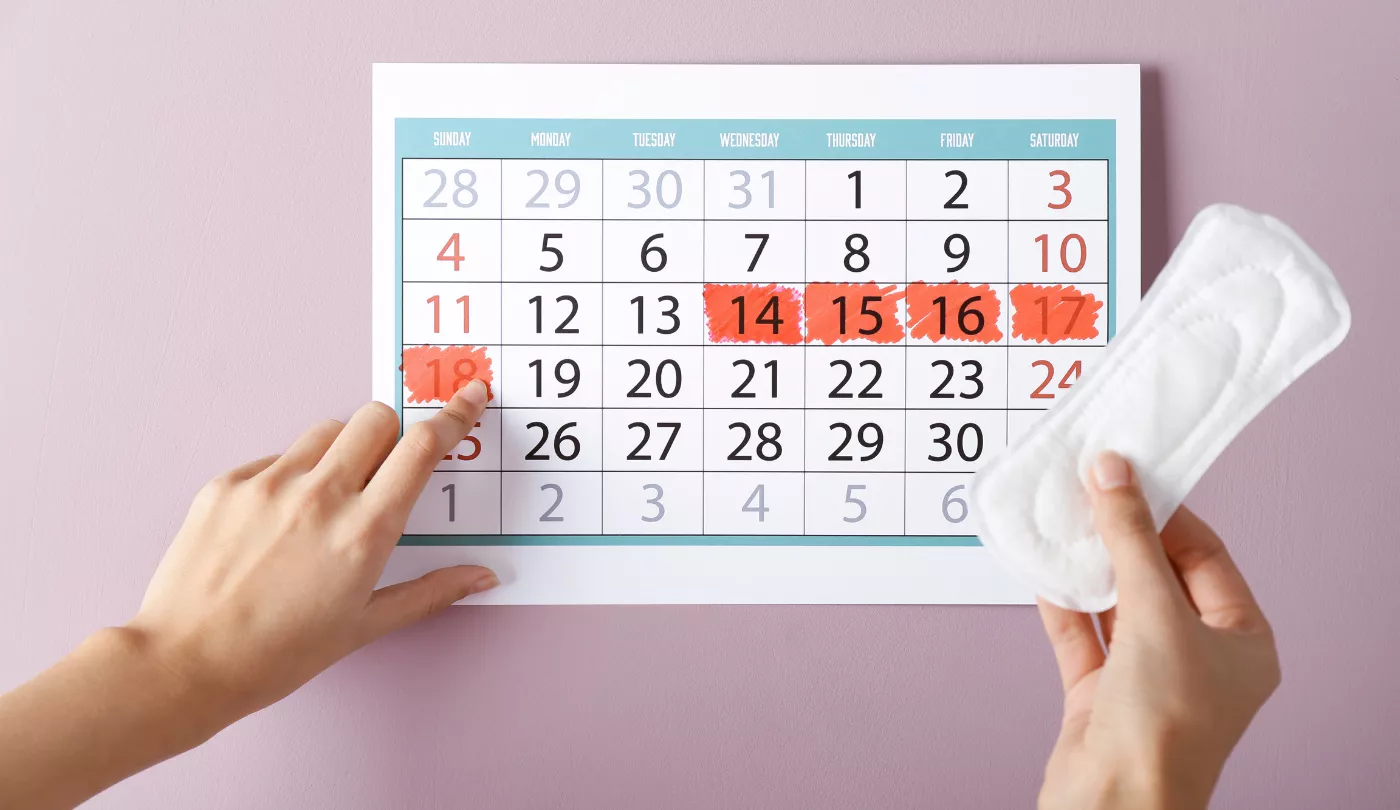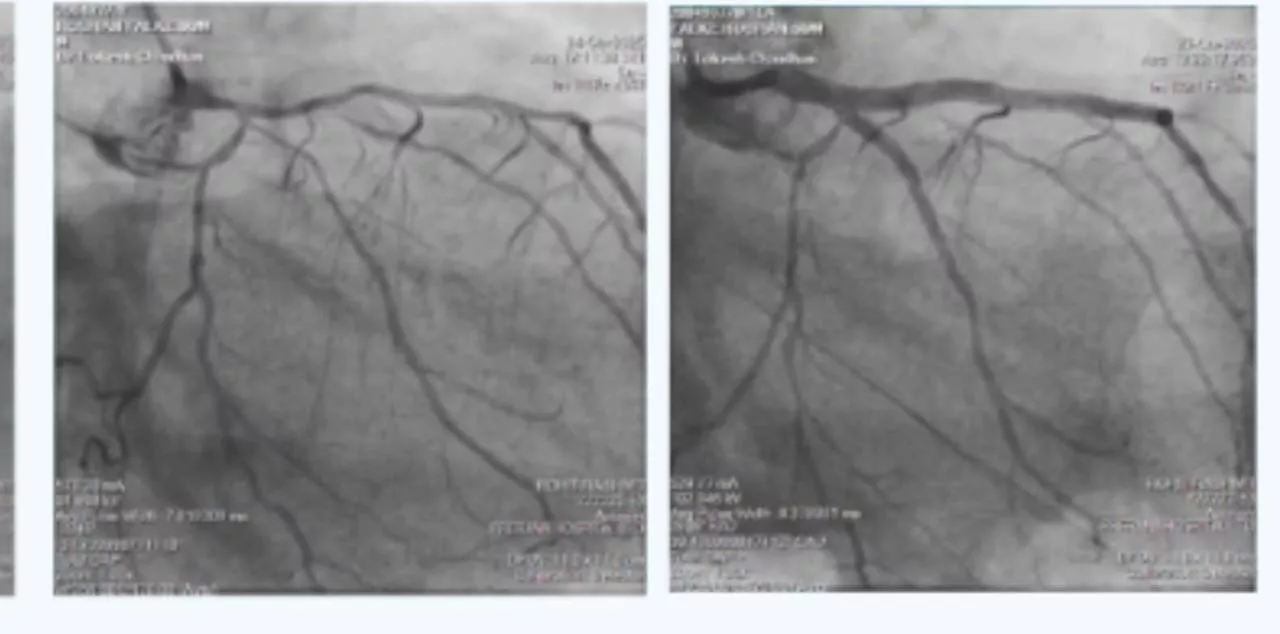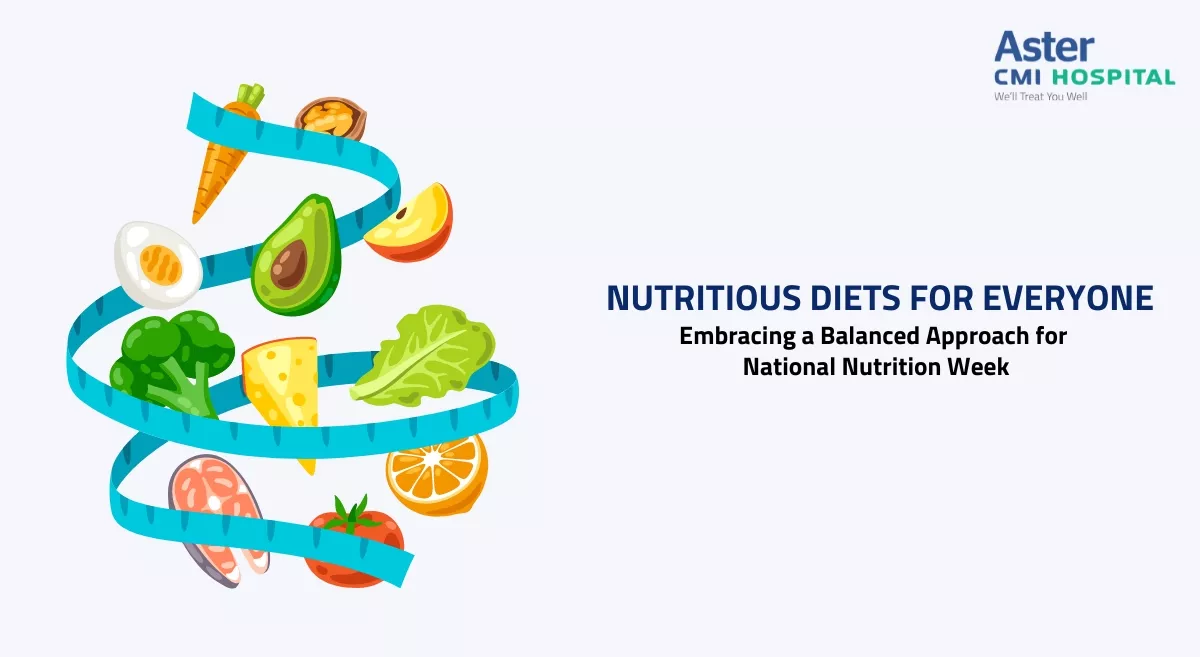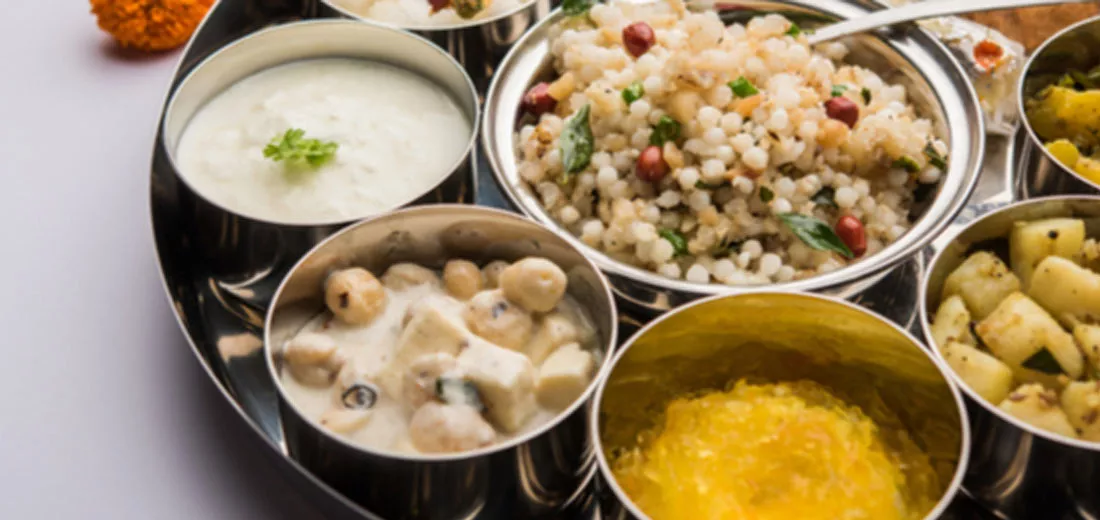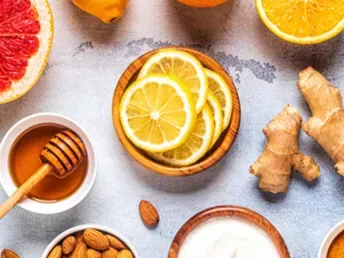Get-togethers with friends or family celebrations provide an excellent reason to consume huge amounts of high-calorie foods. If you are a person who constantly follows an unhealthy high-calorie diet, it can cause a health risk because foods high in cholesterol have the potential to increase your risk of heart disease. To lower your cholesterol levels easily, we suggest you book an appointment with the best nutritionists in Bangalore at the Internal Medicine Hospital in Hebbal Bangalore, which is renowned for its advanced treatment & care in India.
What is cholesterol?
Cholesterol is a waxy substance found in the blood that the body needs to perform important functions. High-density lipoprotein (HDL) and low-density lipoprotein (LDL) are the two forms of cholesterol. While HDL, or good cholesterol, promotes heart health, LDL, known as bad cholesterol, can cause cardiovascular complications. When the LDL in the bloodstream reaches a harmful level, it begins to adhere to the artery walls, narrowing and eventually blocking them. This prevents oxygenated and nutrient-rich blood from reaching other organs, increasing the risk of stroke and heart attack. A bad lifestyle and an excessive intake of unhealthy fatty foods are the leading causes of high cholesterol.
A healthy diet, together with medicine, is essential for lowering harmful cholesterol levels.
What are some high cholesterol symptoms?
High cholesterol, unfortunately, is a silent condition. A blood test from a medical professional is the only method to find out if you have high cholesterol. It has dangerous adverse effects, and if left untreated, it can cause chest discomfort, stroke or heart attack. For proper diagnosis and management, you can consult experienced General Physicians in Hebbal Bangalore who specialize in preventive health and lifestyle-related conditions.
Diet modification:
Excess cholesterol production is controlled and prevented by eating a healthy diet.
1) Consume healthy fats:
Foods high in omega-3 fatty acids should be consumed. Omega-3 fatty acids help to raise HDL cholesterol while lowering LDL cholesterol. They also aid in the reduction of total cholesterol levels. Fish, walnuts, flaxseeds, and chia seeds should all be included in your diet.
2) Fibre:
Fibre decreases cholesterol absorption into the bloodstream from the intestines. It also prevents cholesterol from being absorbed. Fibre has also been shown, in some studies, to reduce the risk of artery blockage.
3) Reduce sugar intake:
Excess sugar is stored as fat in the body. In addition, uncontrolled sugar causes the walls of blood vessels to stiffen. This causes aberrant calcification and build-up of cholesterol.
A sample Indian plan (consult your Nutritionist for a personalised nutrition care plan as it may not be suitable for your condition)
- Early morning: a handful of nuts along with 1 teaspoon of soaked methi seeds with warm water
- Breakfast: Idli or dosa with unpolished rice or millets or oats with sambar, chutney, 1 glass of preferred Beverage(without sugar)
- Mid-morning: 1 apple or guava
- Lunch: rice or millet or broken wheat or chapatis, fish curry, veg salad and green peas sabzi
- Mid Afternoon: buttermilk
- Evening snack: steamed sprouts
- Dinner: vegetable soup or salad with sabzi and curd with roti
Use of functional foods :
To stay active and healthy, it is critical to change your eating habits. Some meals can aid in the reduction of bad cholesterol and the enhancement of good cholesterol levels in the body. Certain foods also aid in the detoxification of your body and the removal of undesirable fats floating in your bloodstream that may lead to plaque formation. According to our nutritionist, these are some healthy items to incorporate into your low cholesterol diet:
1) Seeds of fenugreek (methi seeds):
Fenugreek or methi seeds are high in fibre and provide several health advantages. The accumulation of triglycerides and cholesterol is inhibited by these seeds.
2) Nuts:
Almonds and walnuts, in particular, are high in omega-3 fatty acids and vitamin E, which help to lower harmful cholesterol levels and promote heart health.
3) Oats:
Oats include beta-glucan, which helps the body produce less cholesterol. Excess cholesterol is also excreted in the intestine.
4) Garlic:
Garlic includes allicin, a bioactive component that helps lower blood triglycerides and prevents plaque development. One clove a day, first thing in the morning, can help lower harmful cholesterol levels.
5) Green tea:
Green tea contains a large amount of antioxidants. The catechin in green tea helps to lessen the effects of cholesterol accumulation. It also aids in the reduction of circulating cholesterol levels.
6) Fruits:
Of the citrus family, grapes, strawberries and blueberries are high in pectin, a form of soluble fibre that helps lower bad cholesterol. You can have them for breakfast with a bowl of cereal or just as a snack when you are in the mood for something sweet.
7) Oils from vegetables:
When cooking or at the table, using liquid vegetable oils like canola, sunflower, safflower and others instead of butter, lard or shortening helps decrease LDL.
8) Soy:
Soybeans and meals produced from them, such as tofu and soy milk, have long been advertised as effective cholesterol-lowering food.
FAQs:
1) Why do I have high cholesterol?
In many cases, lifestyle can be the biggest reason for the condition.
2) What causes high cholesterol if I eat healthily? Can it be genetic?
If you still have high cholesterol after doing regular exercises and following a healthy diet, your DNA may be to blame.
3) Can high cholesterol cause erectile dysfunction?
Erectile dysfunction (ED) is thought to be caused by plaque-clogged arteries, which might induce ED because blood flow is necessary for an erection.
4) Does stress cause high cholesterol?
Stress is not the only cause of elevated cholesterol, but it may still have an impact on cholesterol levels.
5) When should high cholesterol be treated with medication?
If you have had diabetes, heart attack or stroke or have been diagnosed with inherited high cholesterol, you will need to rely on certain medications, a healthy diet and regular exercise.
The sources for the FAQs are mentioned below:
https://www.everydayhealth.com/high-cholesterol/living-with/top-questions-about-high-cholesterol-answered/
